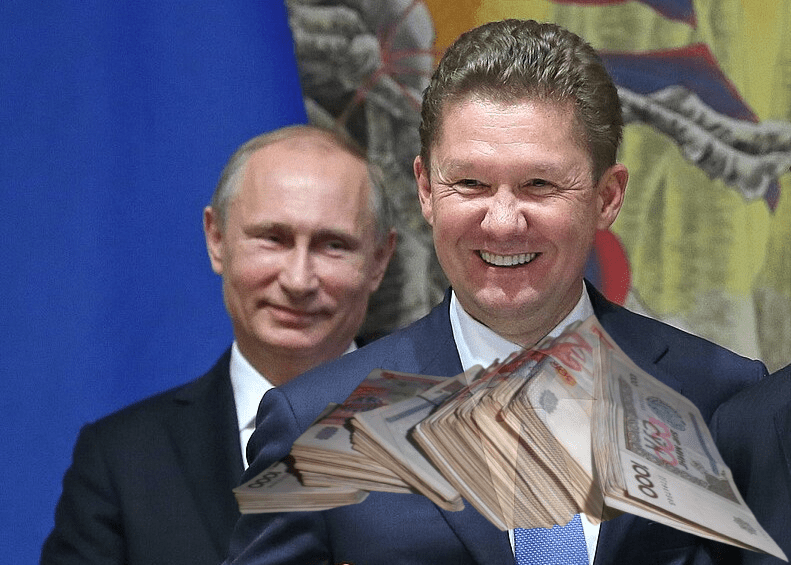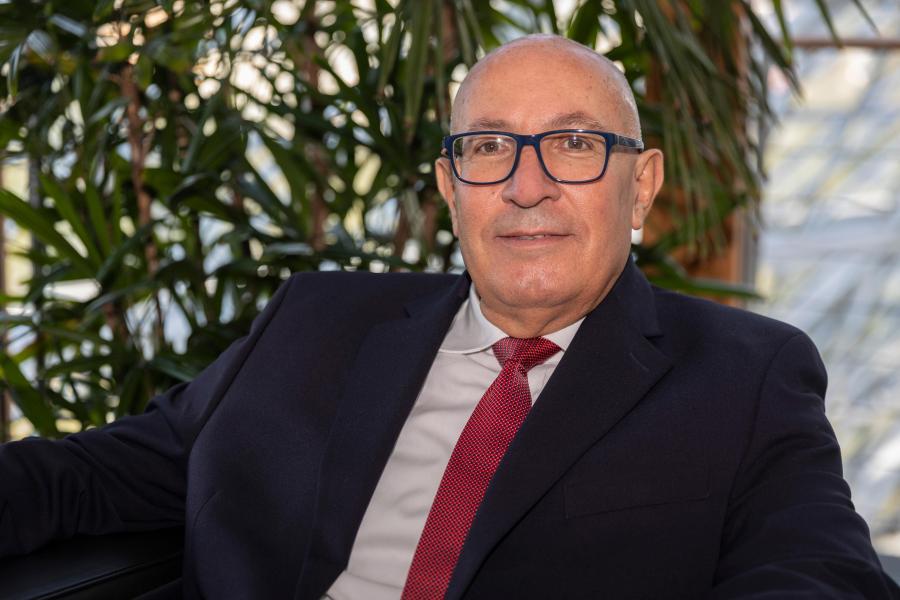Powering the Green and Economic Revolution: An Interview With Andi Aranitasi, Head of the EBRD in Uzbekistan
As the Head of the European Bank for Reconstruction and Development (EBRD) in Uzbekistan, Andi Aranitasi plays a key role in driving the country’s economic transformation. Under his leadership, the EBRD has expanded its investments in key sectors such as energy, infrastructure, and private enterprise, supporting Uzbekistan’s shift toward a more open and sustainable economy. With a focus on green energy, digitalization, and financial reforms, Aranitasi’s efforts contribute to the nation’s long-term development and integration into global markets. In 2024, the EBRD set an investment record in Uzbekistan by signing off on 34 projects worth €938 million (US $960 million). The country once again became the leading recipient of the Bank’s funding in Central Asia, with 55% of the Bank’s investments going towards green economy projects. The EBRD has supported Central Asia's first renewable hydrogen facility by providing a $65 million financing package to a joint venture of ACWA Power and Uzkimyosanoat, which will help to decarbonize the fertilizer production sector in Uzbekistan. The Bank also organized an A/B loan of US$ 226 million for developing, designing, constructing, and operating a 200MW solar photovoltaic power plant and a 501MWh battery energy storage system (BESS) in the Tashkent region. This is one of the most significant EBRD-supported BESS projects in the economies where the Bank operates. Its sovereign loan of $66.4 million to the National Electric Grid of Uzbekistan (NEGU) will support the construction of a 230 km 500 kV transmission line in the Navoi region. This project will help to eliminate bottlenecks in the grid, reduce electricity outages, and facilitate the integration of renewables. The EBRD’s sovereign loan of $238 million, meanwhile, will help rehabilitate a key road and build a bridge across the Amu Darya River in the Khorezm region, thus contributing to sustainable transport connections. The country’s financial sector attracted over €300 million from the EBRD through trade finance limits and loans to local financial institutions. It offered credit lines and risk-sharing agreements to such domestic lenders as Hamkorbank, Ipoteka Bank, TBC Bank Uzbekistan, and Uzbek Leasing International. Special attention was paid to the development and support of SMEs, including those needing energy efficiency improvements and owned and managed by youth and women. The EBRD also increased its equity investment in TBC Uzbekistan, the country’s first digital bank. Additionally, the EBRD and the government of Uzbekistan agreed to work jointly on the successful privatization of one of the country’s largest state-owned lenders, Asakabank. In 2024, the EBRD’s Advice for Small Business program in Uzbekistan launched 60 projects, increasing its outreach to domestic SMEs. Half of these were with women entrepreneurs, and over 40% were in rural areas. More than 80,000 entrepreneurs nationwide were reached through specialized training, networking, online outreach, and knowledge-sharing events. Throughout 2024, the EBRD was actively engaged in policy dialogue with the national authorities, which facilitated the approval of several key legal acts, such as laws on privatization, the electricity market, and subsoil use. TCA spoke with Andi Aranitasi. TCA: The EBRD has been involved...






